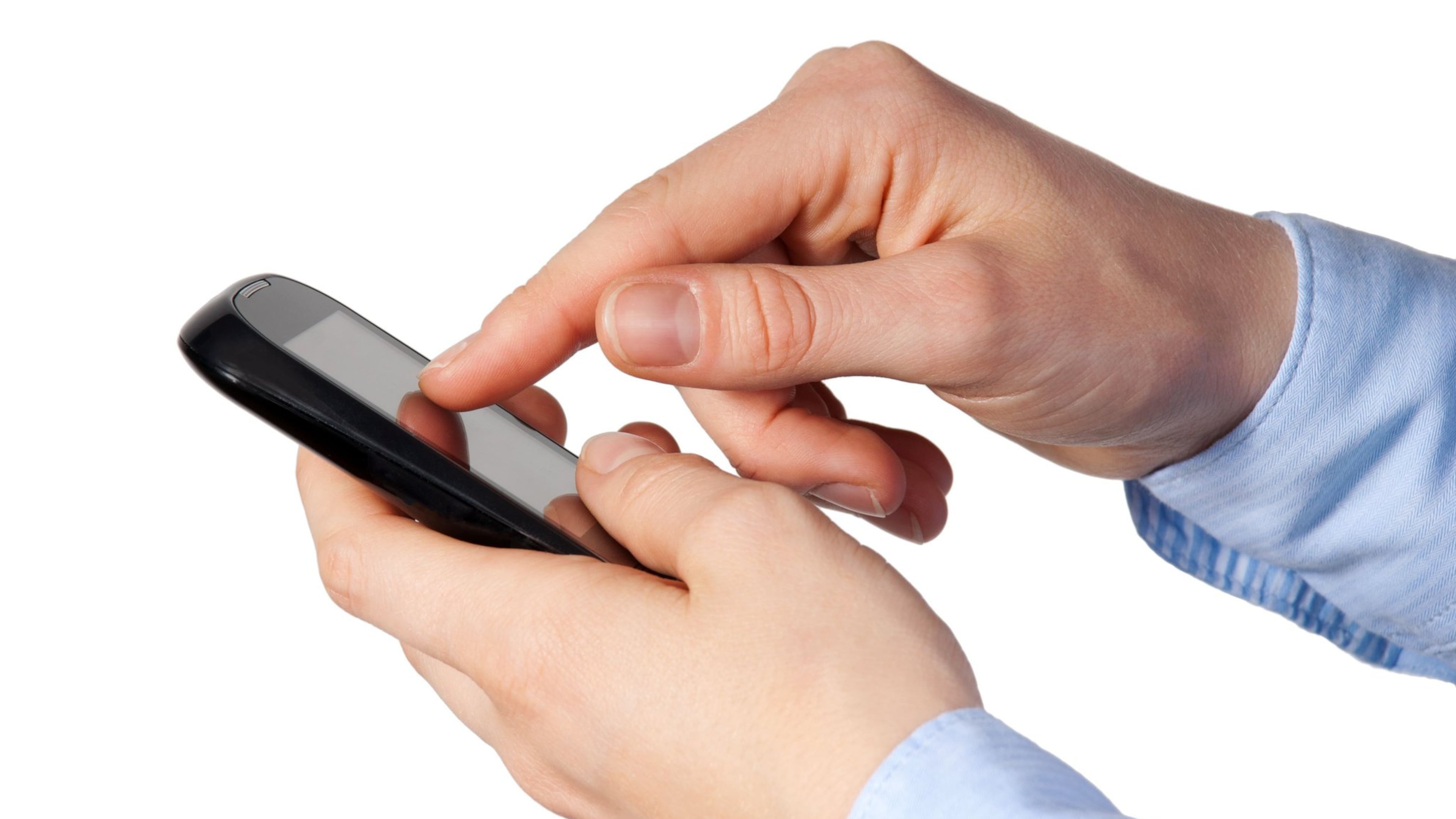Have a cell phone against your ear? Consider putting it down

Put your cellphone down — and keep it away from your pillow, the California Department of Public Health is advising.
Smartphone use continues to increase in the U.S., especially among children, and the health department said some people and health professionals have concerns about the radio frequency energy emitted from cell phones. The scientific community has not reached a consensus on the risks of cell phone use, but the health department said research suggests long-term, extensive use may affect health.
“We know that simple steps, such as not keeping your phone in your pocket and moving it away from your bed at night, can help reduce exposure for both children and adults,” said Dr. Karen Smith, state public health officer. Smartphones emit radio frequency energy when they send signals to and receive them from cell towers.
About 95 percent of Americans own a cell phone, and 12 percent rely on their smartphones for everyday internet access, the health department said. In addition, the average age when children get their first phone is now just 10, and a majority of young people keep their phones on or near them most of the day and while they sleep. “Children’s brains develop through the teenage years and may be more affected by cellphone use,” Smith said. “Parents should consider reducing the time their children use cellphones and encourage them to turn the devices off at night.”
Other tips for reducing exposure to radio frequency energy from cellphones: Keeping the phone away from the body, reducing cellphone use when the signal is weak, reducing the use of cellphones to stream audio or video or to download or upload large files, keeping the phone away from the bed at night, removing headsets when not on a call, and avoiding products that claim to block radio frequency energy because they may actually increase your exposure.

